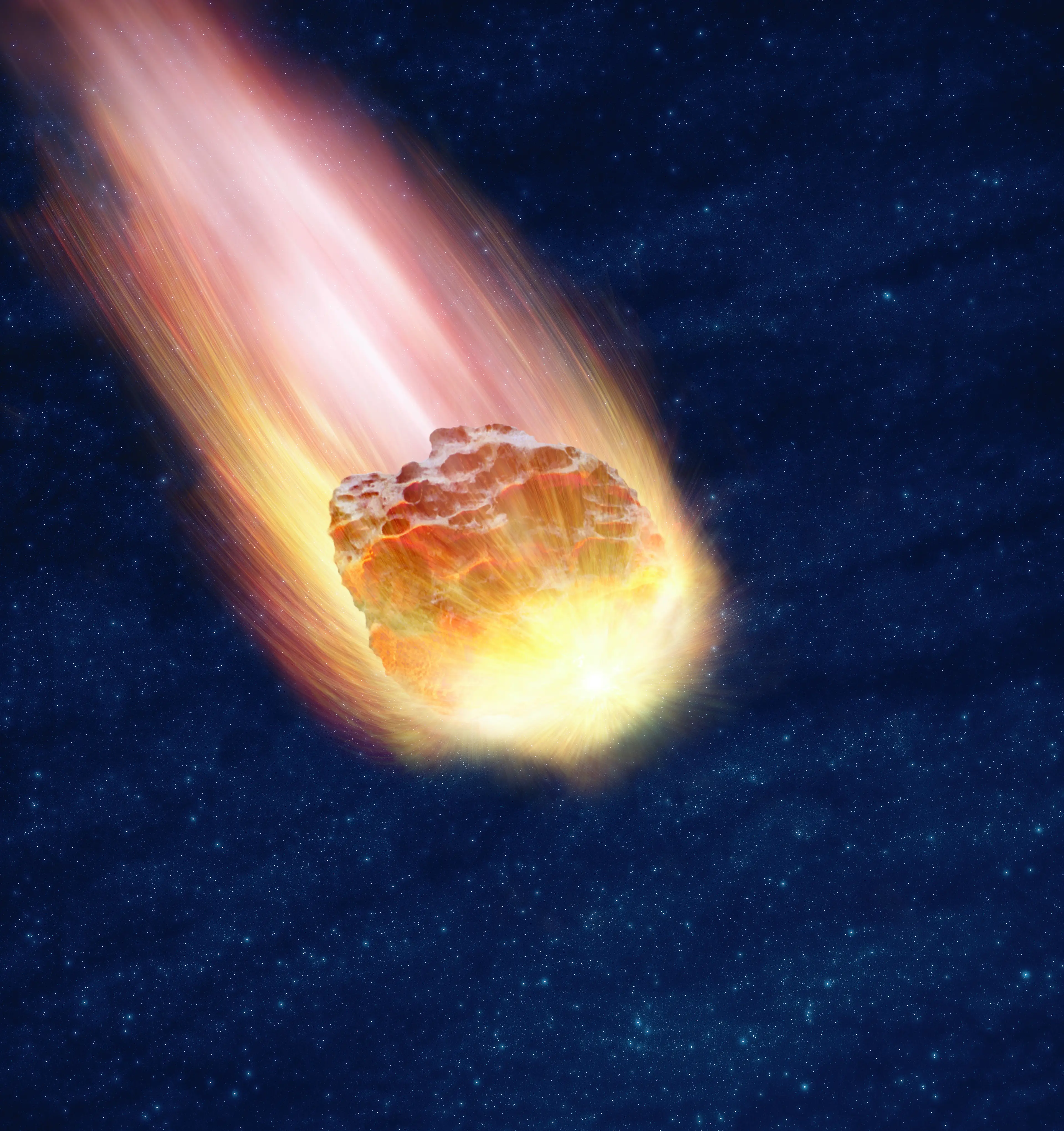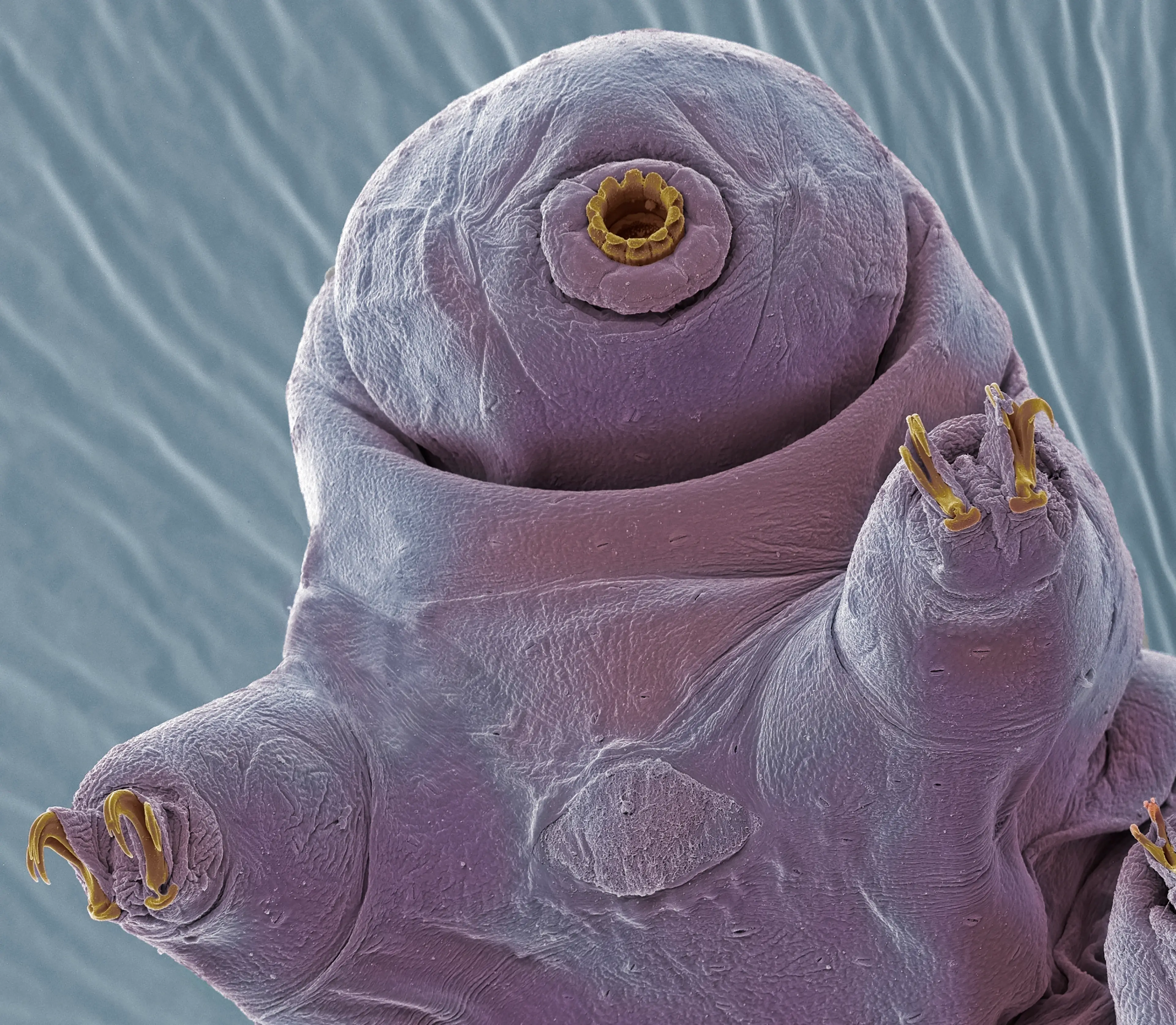
Millions of creatures have managed to survive through volcanic eruptions, earthquakes, floods and tornados - but scientists believe there's only one that will make it to the end of the world.
I hate to be the bearer of bad news, but it's not humans. But let's be honest, we complain when snow covers our driveways - I don't think we'd actually want to be around for whatever horrors the end of the world has in store.
Researchers from the University of Oxford and Harvard University were able to narrow down the creature that has the best chance of survival in a 2017 study which looked at the resilience of life to astrophysical events.
Advert
This study went beyond our atmosphere to look at potential threats to the planet, forgetting about deforestation, wildfires or nuclear war to instead focus on world-ending events that might come from space.
Focusing on events that would 'completely sterilise an Earth-like planet', the researchers looked at three astrophysical sources – supernovae, gamma-ray bursts, large asteroid impacts - and passing-by stars.
Humans, unfortunately, would not be able to survive such events, considering they'd be strong enough to boil all the water in Earth’s oceans, but there is one creature that might stand a chance.

That creature is the tardigrade, and if you've never heard of it, don't worry - people don't exactly keep them as pets.
Also known as 'water bears' or 'moss piglets', tardigrades are near-microscopic aquatic animals with flat heads, eight legs and plump bodies.
They're actually pretty cute - but that doesn't mean they're not tough.
Discussing the findings of the study, study co-author Dr David Sloan said: “To our surprise we found that although nearby supernovae or large asteroid impacts would be catastrophic for people, tardigrades could be unaffected.
"Therefore it seems that life, once it gets going, is hard to wipe out entirely. Huge numbers of species, or even entire genera may become extinct, but life as a whole will go on."

In order to ensure their survival, the tiny creatures are able to enter a state of hibernation known as cryptobiosis.
During this process, tardigrades expel more than 95 percent of the water from their bodies. They're able to survive temperatures as low as -460°F, and as high as 302°F, as well as extreme pressure and strong radiation.
So it's safe to say they wouldn't complain about a bit of snow.
Given they can go through all that, I'd say tardigrades are worthy winners in the battle to survive the end of the world.
Topics: Science, Space, Animals, Nature, Environment